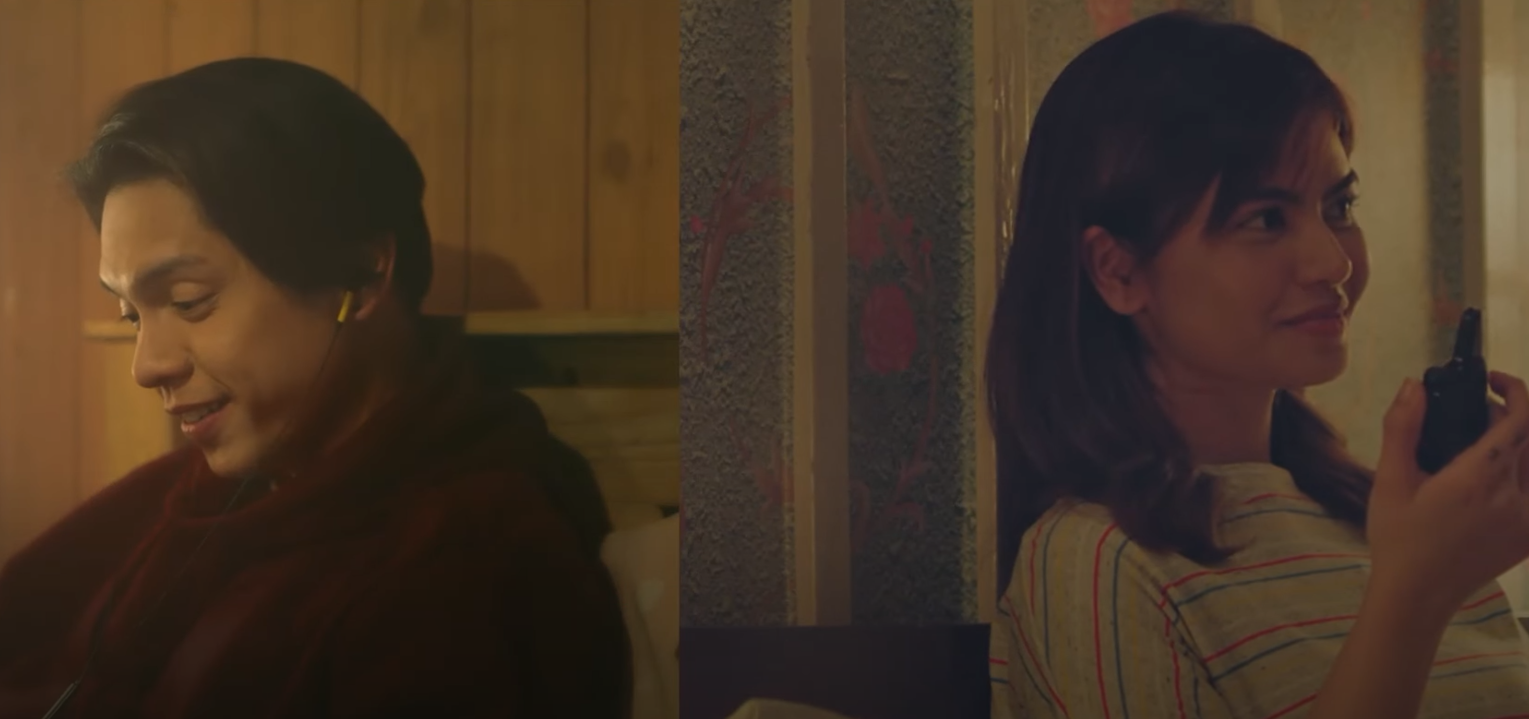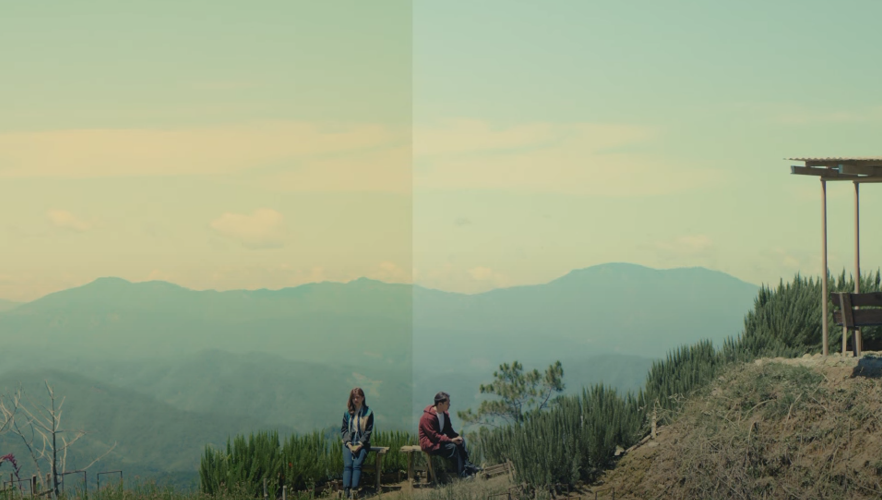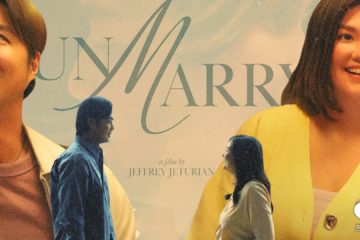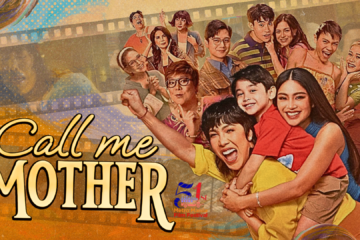
A TYPICAL romantic drama may have a hard time captivating an audience who has seen a lot of movies of the same genre. Love You Long Time proves that even the smallest of twists can justify an entire genre and, in turn, stand out from an industry where films like One More Chance (2007) and Moments of Love (2006) have defined it.
Love You Long Time, directed by Jaime Habac Jr., is a romantic drama film and is one of the eight entries for the 2023 Summer Metro Manila Festival. The movie’s titular character, Ikay (Eisel Serrano), is a scriptwriter who has recently experienced a heartbreak. At the same time, Ikay wants to recover from the difficulties of the incident while trying to carry out her company’s request of revising a script she had written for a film. To fulfill this, and to unwind from her busy life, she goes out on a vacation in Baguio with his aunt. Eventually, she stumbles upon a two-way radio transceiver, or walkie-talkie, that allows her to communicate with Uly (Carlo Aquino), a mechanic who lives in Atok, Benguet, and, strangely, belongs in another timeline–four years before her.
The film begins with the use of in media res—focusing the shot, but barely revealing the identities, directly to an arguing couple with their voices standing out. The reason is unclear; however, some viewers may be able to already realize that this very scene is of utmost importance. The use of this literary device made the film’s scheme to deliver a plot twist possible. Literary devices are supposed to establish a sense of complexity in a work, and Love You Long Time takes this idea into heart.

The portrayal of Ikay as a struggling coming-of-age writer who recently separated from her fiancée also plays a crucial role in connecting her to its intended audiences: teenage students and young adults. These age groups are often associated with youthful romance and consists of people whose lives revolve around studies and work; this makes Ikay an engaging character who pictures this kind of life as normal and something that people should be proud of. Uly’s personality as a carefree and talkative person deeply indulged with the idea of love is a representation of younger men who treat romance as a vital part of adolescence and thrive in wooing the women they admire.
Love You Long Time is one of the few Filipino films that excel in the cinematographic field. Ikay and Uly are separated by a different timeline and showcasing the emotional connections they have may seem to be a difficult task. Thankfully, Habac has a keen eye for one detail: using lines. By constantly dividing the screen into two, which in turn portrays Ikay and Uly side-by-side, the film managed to show the actuality of their feelings as they communicate through their radios—almost as if they can truly witness and feel each other’s presence despite the challenges they are confronting.
Ikay and Uly are also separated by slightly disorienting the appearance of their surroundings even if they are in the exact same place. An example of this is a scene where both of them are sitting on the same platform by a cliff. The sky on Ikay’s side has a lighter hue while Uly’s has a darker hue. Ultimately, the line basically acts as a thread and a compensation for their detachment from one another, and Habac proves that even a small detail can make all the difference.

Despite a small cast including Ana Abad Santos, and Meann Espinosa starring as Tita Menchu, and Ate Bituin, respectively, the film takes advantage of this in a way that it can truly focus on the bridge that would be established between Ikay and Uly. Tita Menchu and Ate Bituin’s supporting roles serve as comical reliefs against the tension of the two titular characters.
However, Love You Long Time falls short in some areas. The film often forces out dialogues or hugot and narcissistic lines from the characters to the point that they begin to feel unnatural and unnecessary at times. This is also accompanied by some background music that can, at times, feel repetitive as they are played again and again during pivotal scenes. Lastly, one aspect of the film that may draw criticisms is its plot twist. While it is the type of ending that can stay with the viewers’ thoughts, others may see themselves baffled by the sudden turn of events.
Habac’s Love You Long Time is a modern take on the romantic drama genre that has long dominated the Philippine film industry. With its effective use of cinematographic devices, rather quirky twists, and relatable characters, it overshadows all the weaknesses it has and, ultimately, results in a bittersweet flick about the inevitable and intricate challenges of love and life, regardless of age. F



